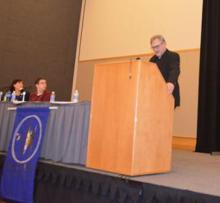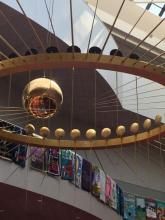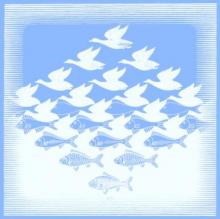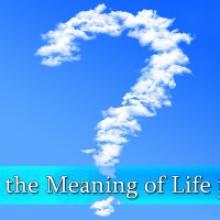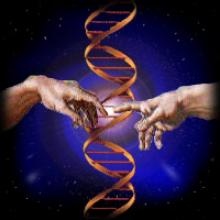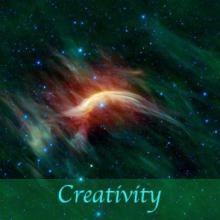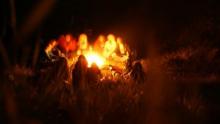Rowboat in the Woods: the role of Humanism in a Secular Future
This talk by Rev. David Breeden was part of the "Serving the Non-Religious" session at the 2015 UUA General Assembly in Portland, OR on Friday, June 26. David is the senior minister of the First Unitarian Society of Minneapolis which has, "A heritage of forward-thinking humanism at home in the here and now". In this talk, David discusses the changing religious landscape of the FUS neighborhood, and by extension the country at large, then suggests how Unitarian Universalist congregations are going to need to adjust their programming and their thinking to thrive in the new reality.
Listen to the Presentation
[A special thank you to Adam Gonnerman for creating the video version of this presentation.] Read more about Rowboat in the Woods: the role of Humanism in a Secular Future »





